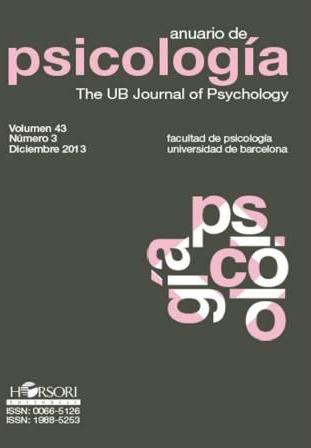Intellectual determinants in the improvement of the critical thinking
Keywords:
critical thinking, intelligence, instruction, learningAbstract
The critical thinking has been defined as the reasoned and reflective thinking that focused on deciding what to believe or do (Ennis, 1996). This thinking has a big importance because it is involved in problem solving, in decision making, in production of beliefs, in checking hypothesis, etc., that is, in a good part of our cognitive daily functioning. However, there are not a lot of studies about what personal factors can be involved in it possession or in it learning. We have carried out a study with a sample of university students with the aim to explore the relation between the critical thinking and the intelligence. The results showed that before instruction the relation between these variables was very weak however after the instruction the relation was significantly stronger. With the aim to more explore this relation and determine if there could be differences in critical thinking in function of intellectual level, we realized an ANOVA. That revealed significant differences in the degree of learning of critical thinking in function of the intellectual level of the students. Being the most intelligent those who more benefited from this instruction, showing a major learning in critical thinking.
Downloads
Published
Issue
Section
License
The authors who publish in this journal agree to the following terms:
Authors transfer to the publisher all copyright for the full term of protection and for all the world.
The authors can post a copy of their articles in accordance with the policy of free access to the journal.


